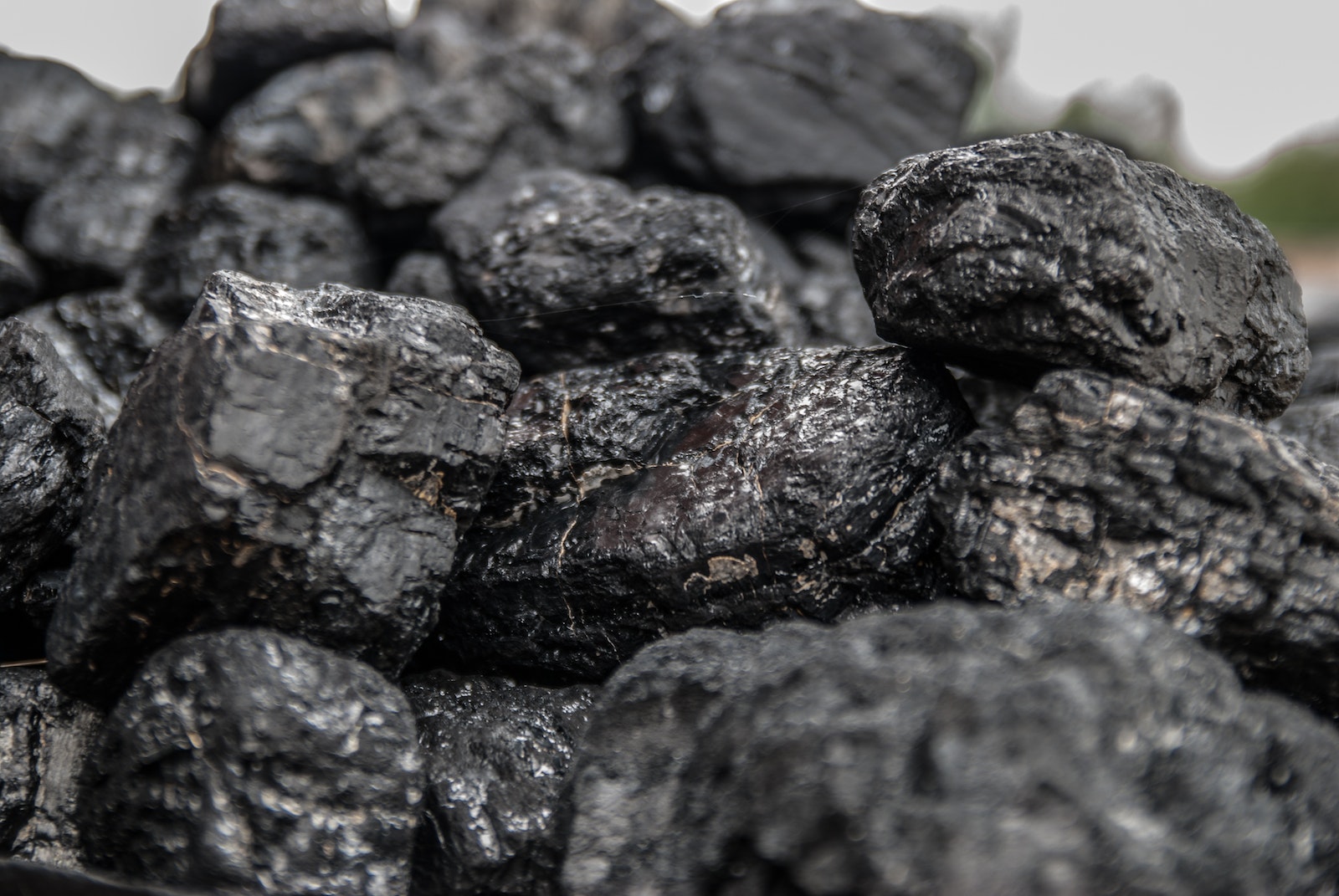When Europeans arrived in Tasmania, they noticed an astonishing and puzzling thing. Despite living on an island, Tasmanians refused to eat fish. They hadn’t for 5,000 years. Despite unsubstantiated claims to the contrary, the middens are clear: Tasmanians stopped eating scaled fish about 3000 BC. The middens show that they certainly ate shellfish in abundance, but, despite being surrounded by rich fishing grounds, Tasmanians resolutely refused to avail themselves of an abundant and easy source of protein.
Technologically, it should have been possible: Mainland Aborigines were expert and prolific fishers, both with spear and line, and even fish traps. Tasmanians only ceased eating fish well after the island was isolated from the Australian Mainland.
The only probable explanation is cultural. Very likely some kind of religious taboo (one early European records the horrified reaction of Tasmanians when they spied him eating fish).
Lest we be tempted to sneer at those backward, superstitious Tasmanian Aborigines, bear in mind that modern Australians are refusing to utilise a ready, abundant and cheap source of energy for reasons that are little more than pseudo-religious taboo.
Australia’s coal-fired power plants are likely to shut at almost triple the pace currently announced, with Victoria’s brown coal fleet to be closed in just over a decade and the main electricity grid becoming coal-free by 2043.
The Guardian
It surely cannot escape the notice of even the most zealous, upper-middle-class Green campaigner that this is going hand-in-hand with soaring electricity costs and collapsing grid reliability (although one should never underestimate the ability of the green-left to blind themselves to obvious facts). Yet, not just the fringe left, but mainstream political parties remain adamantly opposed to retaining coal power, let alone even countenancing new developments.
All because of a fundamentalist commitment to “Net Zero”. But is this a fact-based scientific judgement, or a pseudo-religious superstition?
US climate scientist, Judith Curry, said that the IPCC’s “extreme scenarios” on emissions and global warming are “now widely recognised as implausible”.
This “has rendered obsolete much of the climate impacts literature and assessments of the past decade” […]
Steven Koonin, a prominent US physicist, author of the 2021 book Unsettled and former senior official in the Obama administration, says that “the science is insufficient to make useful projections about how the climate will change over the coming decades, much less what effect our actions will have on it” […]
In short, while scientists agree that human-induced emissions cause global warming, they do not agree on whether such emissions are the main driver of such warming.
With the emissions issue as unsettled as it really is, no matter what the nutters gluing themselves to roads say, then it follows that there is no legitimate case for so precipitously ending coal-fired power. Coal, cheap, abundant and reliable, must remain a primary source of energy.
That doesn’t mean it’s not desirable to end coal power. But desirable is not the same as necessary. Ending coal is a luxury we simply can’t afford right now. Some day we will mostly cease to burn coal, but with centuries of known reserves, availability won’t be the reason for a very long time.
And practical alternatives are very far from readily available – again, no matter what Boomers and Millennials worshipping an ignorant Swedish teenager might say.
Nuclear power is not a short-term option. Unlike coal, nuclear power is emissions-free. But nuclear power in Australia is at least 10-15 years away.
This reflects the time required for achieving sufficient political consensus to enable development of the first commercial nuclear plant, followed by regulatory changes, site selection, planning approvals (including consideration of radioactive-waste disposal), engineering design, and construction.
As a result, nuclear power will do nothing to address electricity problems of the next decade. And even when in place, it will be complemented by other forms of electricity generation (eg coal), possibly for decades.
If nuclear is impractical in the short term, wind and solar are persistently worse.
First, wind and solar energy are proving expensive. Up to the year 2000, when coal dominated electricity generation, Australia had among the lowest electricity prices in the world.
Since then, the contribution of wind and solar energy to electricity generation has grown from almost nothing to over 20 per cent today. Australia now boasts some of the highest energy costs in the world. Reasons for this include: high transmission costs associated with wind; solar farms which are often located a long way from the main grid; the need for backup battery power; coal and gas plants forced to operate below capacity (but remain online); and the cost of maintaining frequency and stability in the grid.
Wind and solar energy are unreliable and will continue to be so, even with battery support […] And note that, in the US and Australia, wind and solar droughts can last more than two days.
Which doesn’t stop the magical thinking of the Climate Cult.
Mark Mills of the Manhattan Institute explains the battery problem in relation to the US: “The annual output of Tesla’s Gigafactory, the world’s largest battery factory, could store three minutes’ worth of annual US electricity demand. It would require 1,000 years of production to make enough batteries for two days’ worth of US electricity demand.”
Spectator Australia
And that’s just electricity demand, not total energy demand. Electricity is currently a fraction of total energy consumption.
The Tasmanian Aborigines may have been technologically primitive, but they certainly weren’t stupid. They had the luxury of refusing to eat fish only because they had abundant supplies of shellfish, game and food plants.
Had they been transported to a completely barren island with nothing but fish to survive on, one imagines their taboo against fish-eating would vanish within days.
If only a climate cultist should be so flexible in their superstitions.

